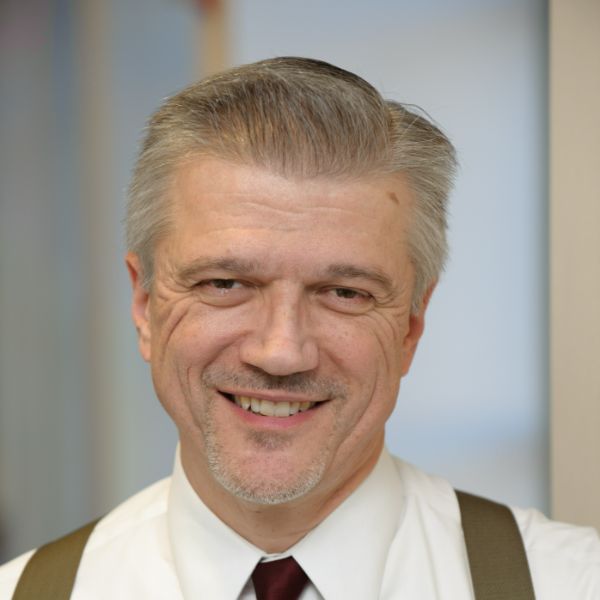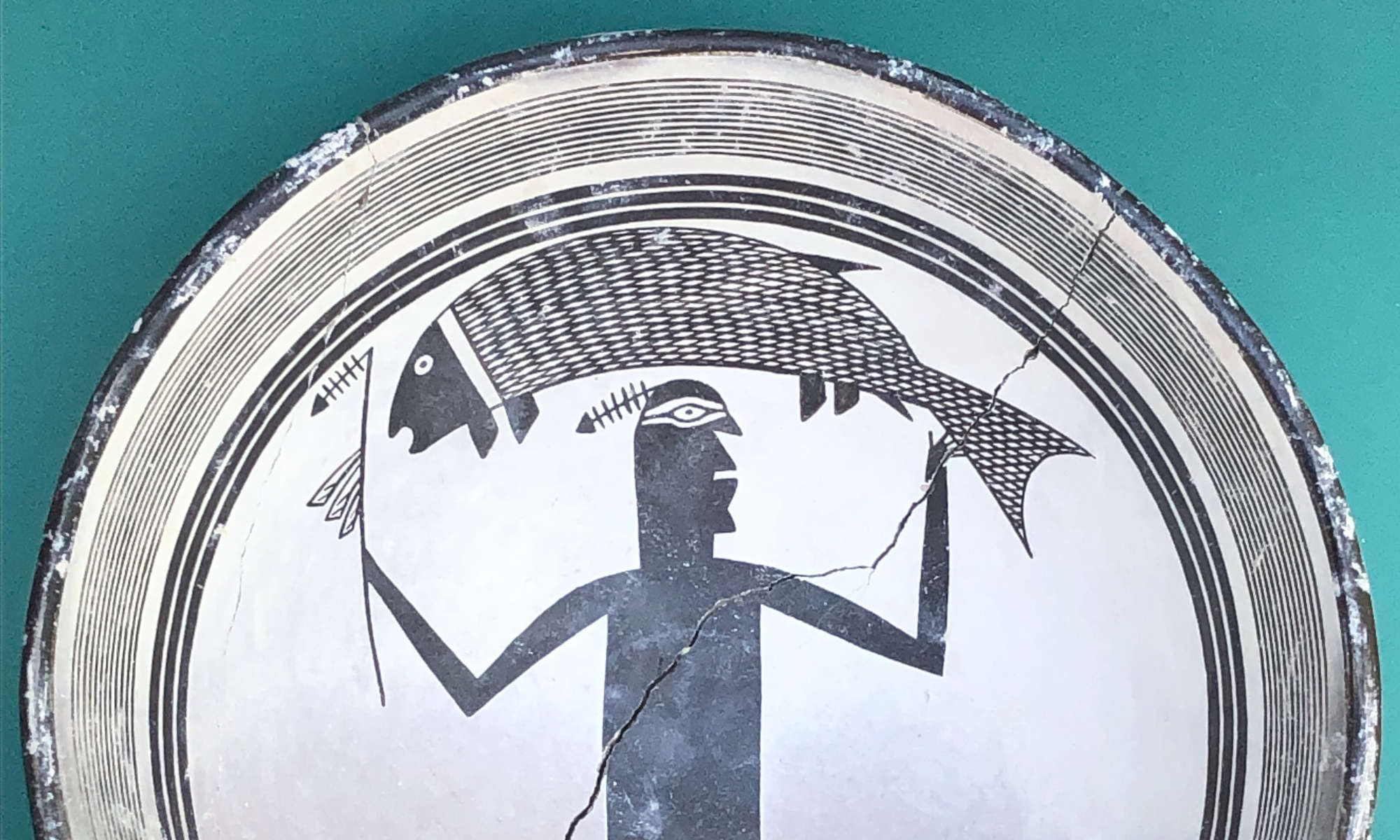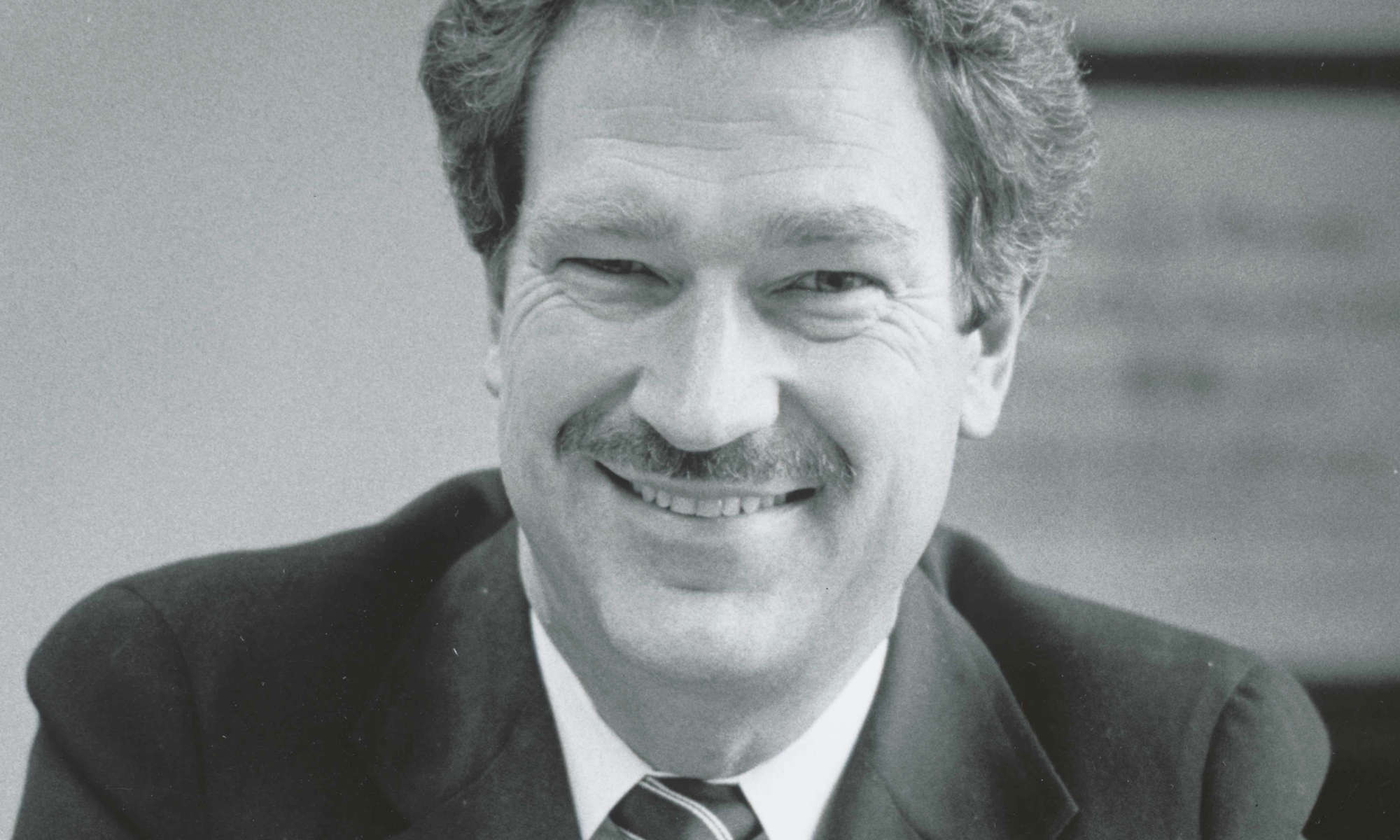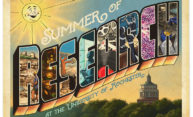
“To appreciate the meaning of humanity, it’s necessary to take all people into account,” says Daniel Reichman, an associate professor of anthropology at the University of Rochester. “And we begin to understand different cultures when we immerse ourselves in their respective communities.”
For the past 15 years, the University has offered students the Malawi Immersion Seminar—a three-week research experience in the remote village of Gowa, in which students carry out individual projects, living and working among the community members.
The program is the brainchild of Joe Lanning ’00, ’07 (MA). When Lanning was an undergraduate majoring in anthropology, his professors encouraged him to go abroad. He heeded that advice and, in his junior year, went to Kenya for a four-month experiential learning program that involved home-stays in urban and rural areas. That experience inspired him to join the Peace Corps following graduation, where he served two years in Malawi.
“The Malawi Immersion Seminar is a marriage of my experiences in Kenya, U of R’s anthropology department, and the Peace Corps,” says Lanning, who completed his PhD in anthropology at the University of Georgia. “And it fulfills the Corps’ principle of bringing the culture of your host country back to the states.”
It also serves Rochester’s educational mission, which emphasizes both global outreach and hands-on research.
“The students are there to be trained in anthropological research methods and to learn about a different culture,” says Lanning, who has traveled with the students to Gowa every year since the program’s inception. There are formal instructors, such as Geoffrey Mlongoti, a self-trained engineer and native Malawian, who assists with community mapping, coordinates homestays and other logistics, and helps students with their research. But, as Lanning adds, “Their teachers are the Malawians all around them.”
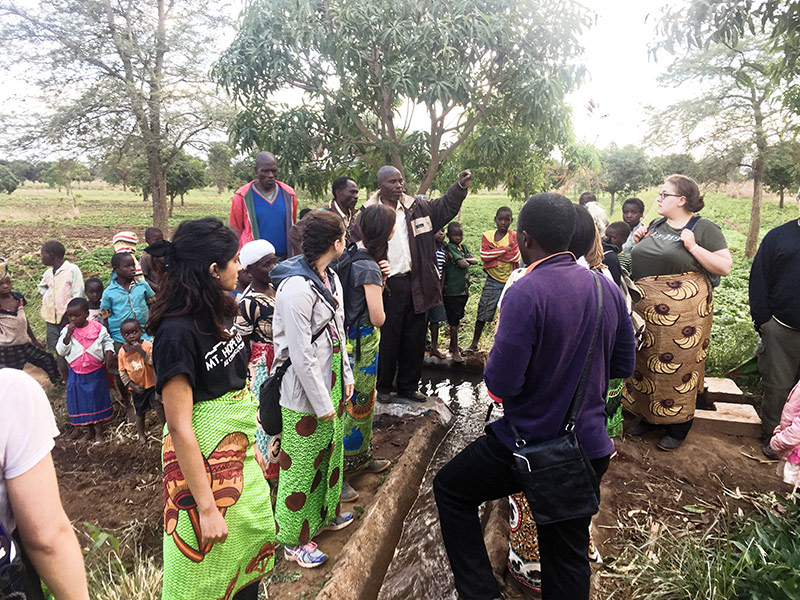
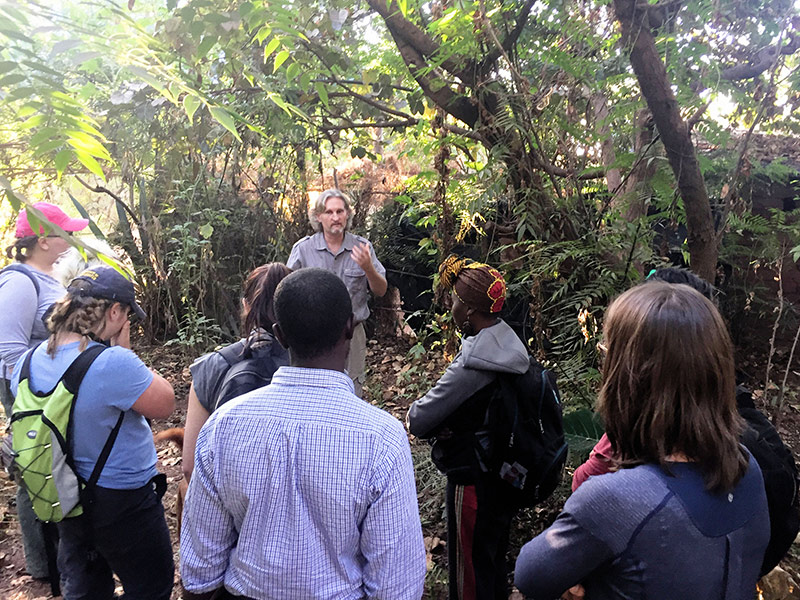
This summer, Rachel Ellison ’18 is researching breastfeeding practices and the cultural influences on those practices.
“Grandmothers in Malawi like to introduce infants to porridge before six months of age,” she says. “By contrast, the American Academy of Pediatrics recommends staying with breast milk exclusively for the first six months.”
Ellison’s experience in Gowa should have a direct impact on her for years to come. She intends to pursue a PhD in anthropology and embark on a career in global health care research.
Megan Runkle ’18, a Take 5 scholar, is studying food—specifically the varying ways people in Malawi think about food, as compared to the ways people do in the United States.
“Many people in Malawi are subsistence farmers, who raise their own food,” she says. “I’m curious about their attitudes toward food and livestock, even pets.”
Unlike Ellison, Runkle won’t be pursuing a career in anthropology. But that doesn’t mean the immersion program will be any less relevant to her.
“I haven’t traveled outside the country very much,” Runkle says. “In Malawi, I’ll be learning about things from a different perspective, which will be helpful on any career path I choose.”
Lanning concurs. “The lessons from the immersion program can be applied in their schools, neighborhoods, and travels,” he says. “Learning about different cultures has value, whether it involves someone across the street or halfway around the world.”
Along with Lanning, the students are accompanied by University staff and graduates students, and others Lanning has recruited. (This year, for example, Mike Sweeney, a retired high school teacher from Oregon, is assisting the team.) Once in Malawi, Mlongoti is there to greet them.
When Lanning started the program 15 years ago, students had to hold fundraisers, like car washes, to help pay for the trip. Now it’s covered by tuition and program fees.
Having the Malawi Immersion Seminar on a more secure financial basis is good news for Reichman, who says students, without exception, come back with positive things to say about the program.
“Joe has created a rare level of trust with the people of Gowa,” said Reichman. “And that makes it possible for the students to immerse themselves in the community and to understand how we’re all shaped by different cultures.”
Read more about the team’s experiences at the 2017 Malawi Immersion Seminar blog.

